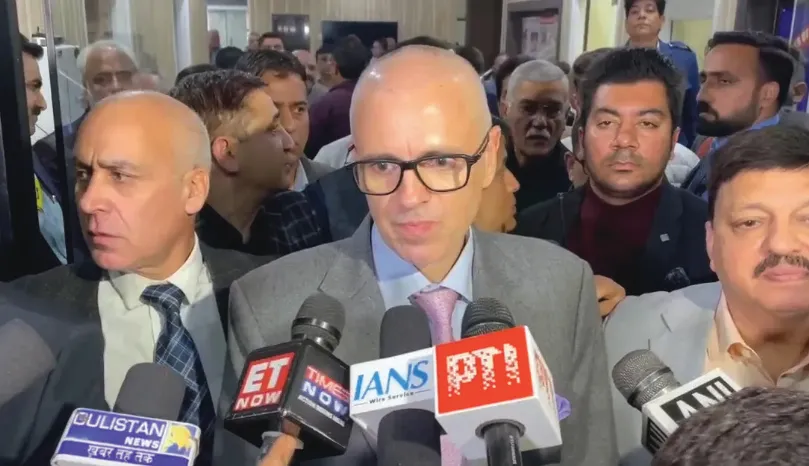 |
|
The recent news from Kashmir highlights the impact of an intense cold spell on the region, forcing Chief Minister Omar Abdullah to make a significant decision. Due to the severe cold and related difficulties with essential services like water and electricity, he cancelled all his upcoming programs in Jammu to remain in Srinagar. This proactive measure underscores the gravity of the situation facing the people of Kashmir. The decision was announced via a post on X (formerly Twitter), a platform increasingly utilized by political figures to communicate directly with the public. This direct communication strategy allows for rapid dissemination of information and demonstrates a commitment to transparency amidst a challenging climate. The immediate concern is ensuring that critical services continue to function during this harsh weather event. The challenges are not merely inconveniences; rather, they affect the daily lives and well-being of the residents, impacting health, transportation, and access to basic needs.
The Chief Minister's decision to personally oversee the functioning of the power department and other essential services showcases a commitment to governance in the face of adversity. By cancelling his Jammu schedule, he prioritizes addressing the immediate needs of the people of Kashmir. This act of prioritizing the welfare of his constituents speaks to effective leadership, even if it necessitates rescheduling planned engagements. He acknowledged the inconvenience this decision might cause to those whose programs were affected, expressing regret and promising to reschedule. This acknowledgement demonstrates an understanding of the impact his decision has on others and reflects a sense of responsibility beyond his immediate duties. The severity of the cold spell is underlined by the mention of 'chilla-i-kalan', the harshest 40-day period of winter, indicating the prolonged nature of the challenges that the people face.
The situation in Kashmir necessitates a comprehensive response beyond the actions of the Chief Minister alone. The government must coordinate its efforts with local authorities and organizations to provide necessary aid and support to those most vulnerable to the cold. Effective communication channels are essential to disseminate timely information regarding relief efforts and to address concerns from the public. The challenges extend beyond merely supplying electricity and water; issues such as healthcare access, food security, and transportation need to be addressed holistically. The longer-term implications of these weather patterns also necessitate consideration, prompting discussion about climate change's potential effect and the need for proactive measures to mitigate future hardship. This situation underscores the need for ongoing investment in infrastructure and disaster preparedness to ensure resilience in the face of extreme weather events.
The political implications of this situation are also noteworthy. The Chief Minister's actions demonstrate a response to the pressing demands of his constituents and provide a lens through which his leadership will be judged. This event highlights the interplay between political decision-making and the immediate needs of the population. Effective crisis management is a critical component of governance, and the actions taken in this situation will likely shape public perception and contribute to the overall political landscape. The communication surrounding the decision is also a crucial element, determining the success of the government's response to the crisis. Finally, the broader context of this situation must be considered within the larger framework of governance and infrastructure development in Kashmir, highlighting the need for policies aimed at mitigating the impact of future harsh winters.
In conclusion, the Chief Minister's decision to stay in Srinagar and address the cold wave crisis directly demonstrates responsive leadership. However, the situation presents a multifaceted challenge that requires not only immediate action but also a long-term perspective on infrastructure, resource management, and disaster preparedness. The situation underscores the interconnectedness of governance, climate change, and the welfare of the people in a region heavily impacted by extreme weather conditions.
Source: In view of intense cold in Kashmir, CM Omar Abdullah cancels all programmes in Jammu
